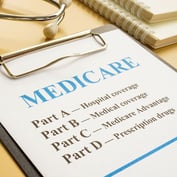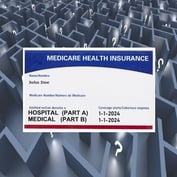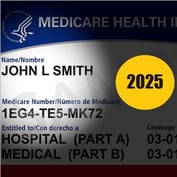The Centers for Medicare & Medicaid Services is getting ready to pull health insurance data from tens of thousands of insurers, employers and benefit plan administrators.
CMS expects 475 health insurers to fill out the forms to get “qualified health plans” — private exchange medical plans — certified, and 500 dental insurers to get dental QHPs certified.
CMS is also preparing to collect forms from many more coverage providers to run the new Patient Protection and Affordable Care Act “3 R’s” risk-management programs.
One is a temporary “risk corridor” program, or underwriting profit protection program, that will use money from all nongrandfathered individual and small-group plans to shield QHPs against antiselection.
Another is a temporary reinsurance program that will get cash from large-group issuers and self-insured plans as well as individual and small-group issuers, and the third is a permanent risk-adjustment program that will get contributions from and provide protection for all “risk-adjustment covered plans” — most nongrandfathered individual and small-group plans.
CMS is expecting to get data from 2,400 issuers of non-exchange individual and small-group plans for reinsurance and risk-adjustment program purposes, and data from 23,800 large-group issuers, self-insured group plans and benefit plan administrators for reinsurance program purposes.
CMS is putting the information collection programs through a paperwork review process. One purpose of the review process is to determine if an agency has a realistic idea about how much burden an information collection process will impose.








 February 18, 2014 at 01:01 PM
February 18, 2014 at 01:01 PM










